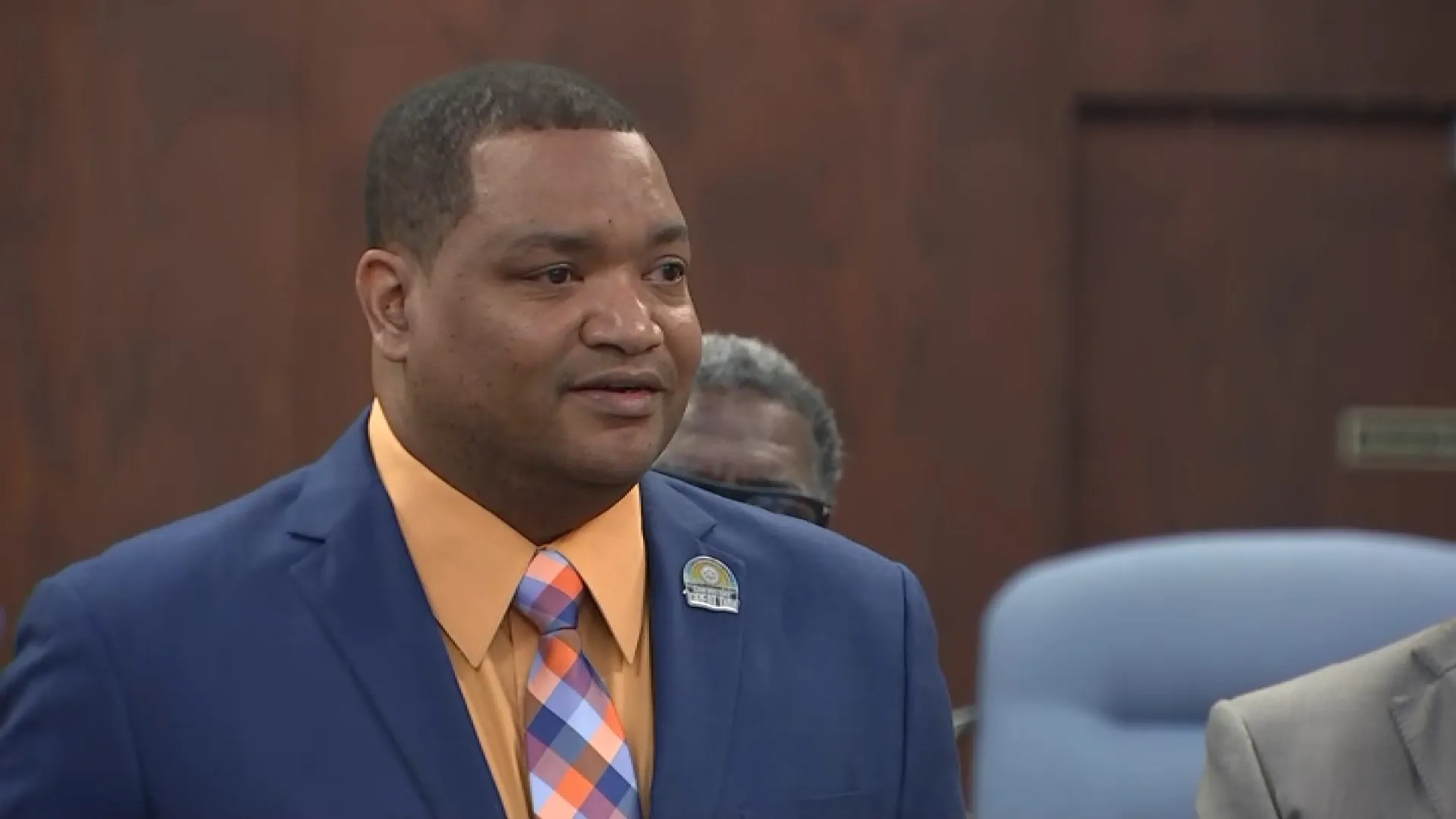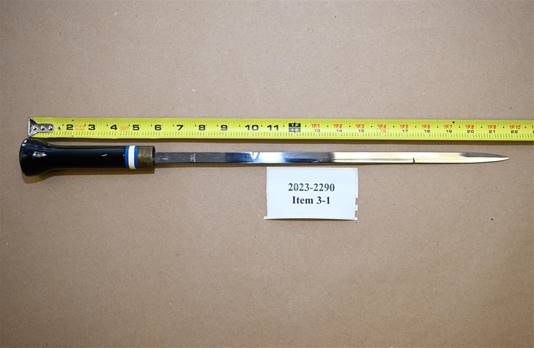A special Philadelphia City Council committee says more than 70 reforms need to be made in the wake of the deadly Market Street building collapse.
In a detailed 69-page report released Thursday, the Philadelphia City Council Special Investigating Committee outlines lax and missing code and licenses and inspections requirements that, officials say, jeopardizes the public's safety.
Seventy-one reform recommendations are included in the report ranging from changes in demolition paperwork to altering the Philadelphia Code to giving the Philadelphia Fire Department more power to stop bad demolitions.
The June 5 collapse of an unbraced, free-standing four story wall onto the Salvation Army Thrift Shop next door at 22nd and Market Streets killed six and injured 13. The tragedy resulted in a number of changes to the city's demolition practices, but council wants more.
At the top of the list is the creation of a permit application specifically for demolitions.
Currently, one application is used by the city's Department of Licenses & Inspections for both construction of a structure as well as demolition. However, the report notes, "the application focuses on the erection of a building" not allowing the department to appropriately decide on a demolition contractor's abilities.
The committee wants to require contractors to submit an engineering survey and site safety survey along with their permit applications to give inspectors more detailed knowledge of the project.
Residents' complaints about unsafe demolition practices at the Market Street site prior to the collapse were delayed getting to inspectors because of address discrepancies.
Stephen Field contacted the city's 311 call center in May attempting to notify officials about uncovered sidewalks and falling debris, but he provided an incorrect address for the site -- causing inspectors to be dispatched to the wrong building.
To alleviate similar issues, the committee wants to require signage be placed at every demolition site outlining the address, contractor's name, telephone number and how to submit a concern.
New York City already posts similar signs at all construction and demolition sites to keep the public informed.
Along the same lines, the committee calls for contractors to do a better job of notifying neighbors about planned demolition. On projects where the structure is more than three-stories tall, the council report recommends an independent site safety manager be called in to supervise the work.
Questions about the training and abilities of L&I employees are also addressed in the reforms.
The committee wants to require all building inspectors receive OSHA training and certification and have inspectors rotate into different sections of the city to maintain ethical practices.
Local
Breaking news and the stories that matter to your neighborhood.
Adding additional inspectors and plan reviewers to the department's staff is also being sought.
Changes to the city's code would require properties adjacent to a building under demolition be vacated during the work.
The Salvation Army Thrift Shop was filled with shoppers and staff when the collapse happened in the late morning.
Email correspondence, obtained through wrongful death legal filings, between Salvation Army officials and the developers of the building under demolition show there was hesitation to close the thrift shop.
The report also calls for the Philadelphia Fire Department to have more control over demolitions.
A series of recommendations would require L&I to send the fire department copies of every demolition permit filed, cross-train firefighters and inspectors in "relevant structural and fire-safety issues" and give battalion chiefs the authority to stop work on demolitions sites they deem unsafe.
"This will promote public safety and protection of property because the fire department is staffed and available to respond to emergency situations at times when L&I personnel are not," the recommendation reads.
Firefighters would also be required to inspect imminently dangerous buildings.
The five-member committee, made up by Councilmen Curtis Jones, Jr., James Kenney and Bobby Henon and Councilwomen Maria Quinones-Sanches and Jannie Blackwell, issued the recommendations following five public hearings into city policies surrounding building demolitions.
City council's investigation is one of five currently underway into the collapse. Others include a criminal grand jury and OSHA review. There are also three civil lawsuits currently filed.
With the release of the report, the committee says they will now move into the second phase of their charge and begin to introduce legislation to enact the recommendations.
No timeline, however, has been given for when and if the reforms could become reality.
Contact Vince Lattanzio at 610.668.5532, vince.lattanzio@nbcuni.com or follow @VinceLattanzio on Twitter.



